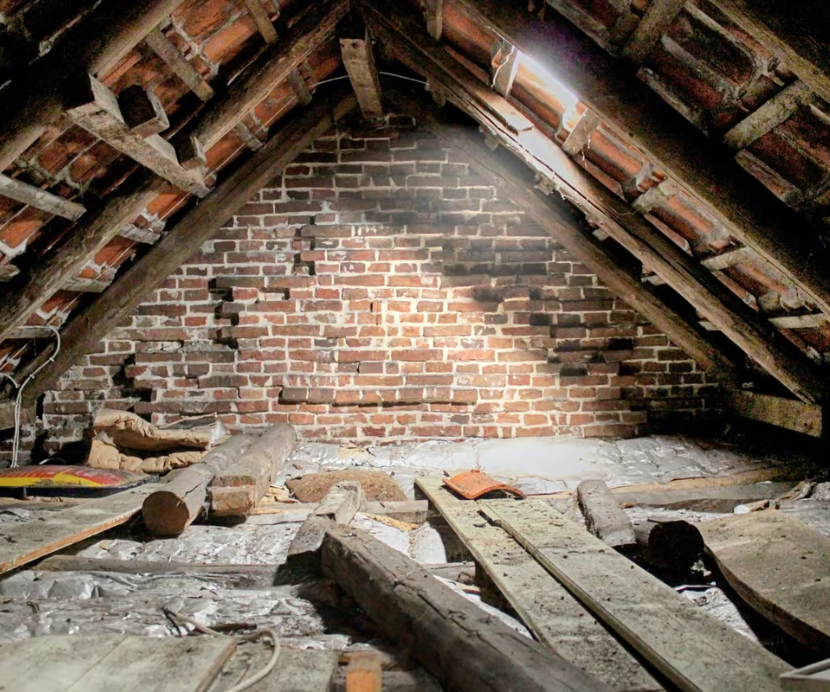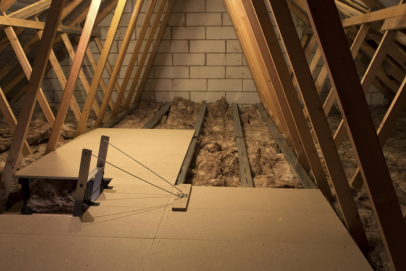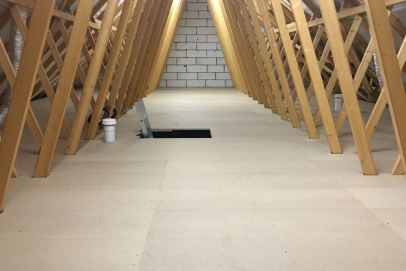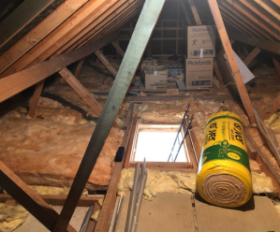
Replacing an old boiler is one of the most impactful upgrades you can make to your home’s heating system. Whether your current boiler is inefficient, unreliable, or nearing the end of its lifespan, investing in a new boiler ensures energy savings, improved performance, and greater comfort.
Why Replace Your Boiler?
Improved Energy Efficiency
Enhanced Reliability
Compliance with Regulations
Increased Home Comfort
Boosted Property Value


Main Services
Factors to Consider When Replacing Your Boiler
Size of Your Home
Hot Water Demand
Energy Efficiency Ratings
Budget
Brand and Warranty
Professional Installation
The Boiler Replacement Process
Assessment
Choosing the Boiler
Preparation
Installation
Final Checks
Types of Boilers
Combi Boilers
Best For: Smaller homes with limited space.
Benefits: Compact, energy-efficient, and cost-effective.
System Boilers
Best For: Homes with higher hot water demand.
Benefits: Efficient for households using multiple taps simultaneously.
Conventional Boilers
Best For: Larger homes with traditional heating systems.
Benefits: Suitable for homes with high hot water usage.
FAQ
Signs include frequent breakdowns, rising energy bills, inconsistent heating, and the boiler being over 10-15 years old.
Most installations take 1-2 days, but this may vary depending on the complexity of the work.
Not necessarily, but old or inefficient radiators can affect the performance of your new boiler. Your installer will advise you.
No. Boiler replacement must be carried out by a Gas Safe registered engineer to ensure safety and compliance with regulations.
With proper maintenance, modern boilers typically last 10-15 years.


